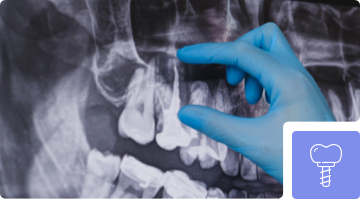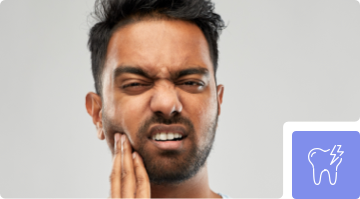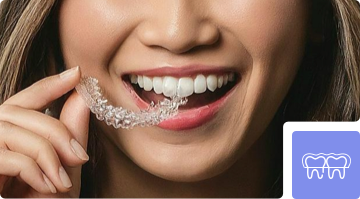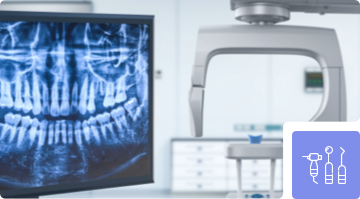
Can I Eat with Invisalign On?
If you’re considering Invisalign to straighten your teeth, one of your first questions might be: Can I eat with Invisalign on? The answer is simple—no, you shouldn’t eat with Invisalign aligners in your mouth. While Invisalign offers the freedom to enjoy all your favourite foods, the trays must be removed before eating or drinking anything…

















